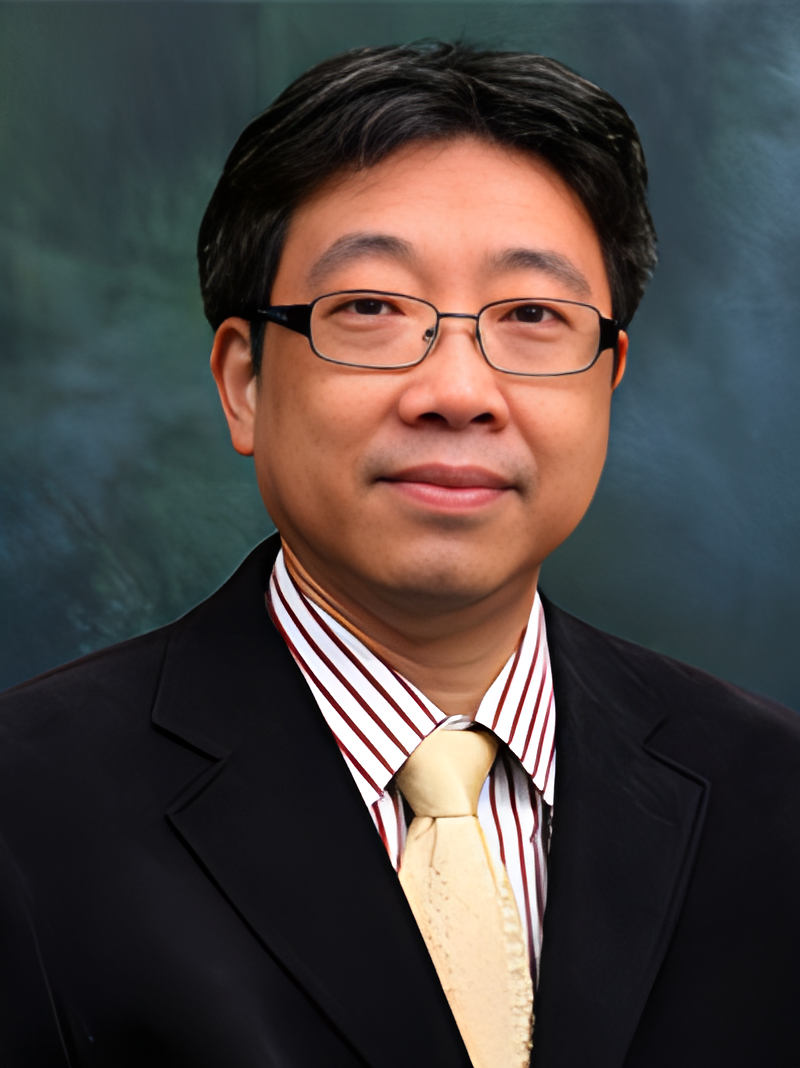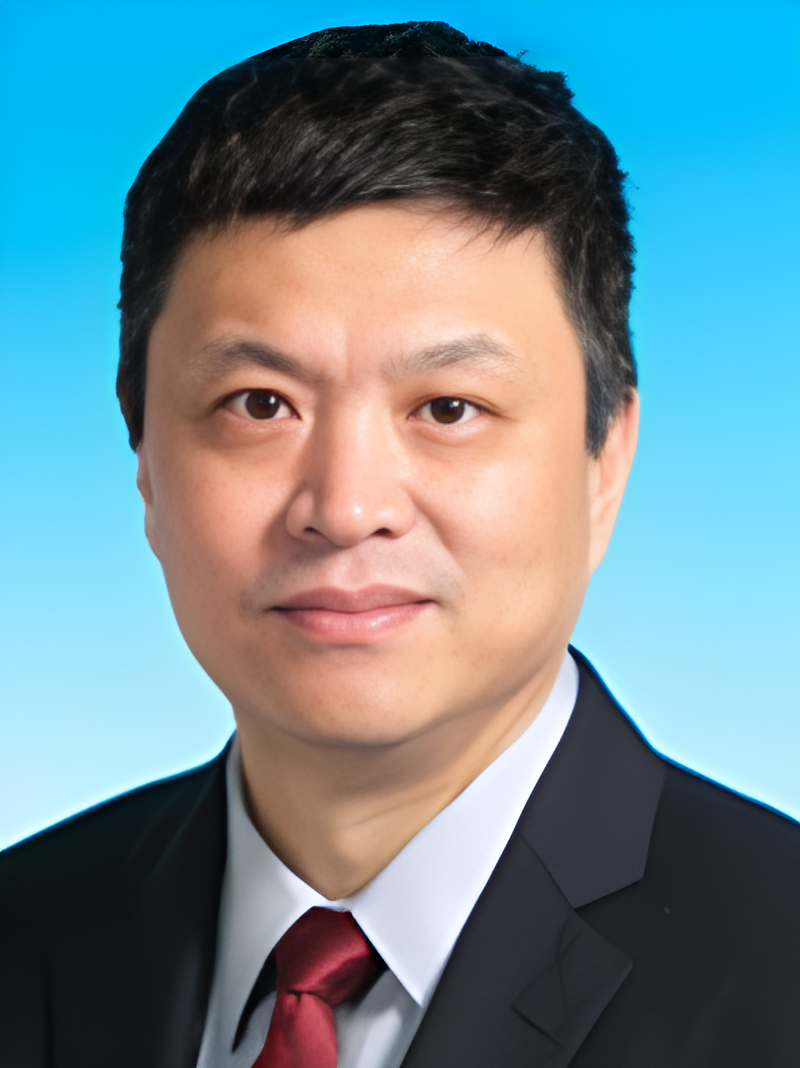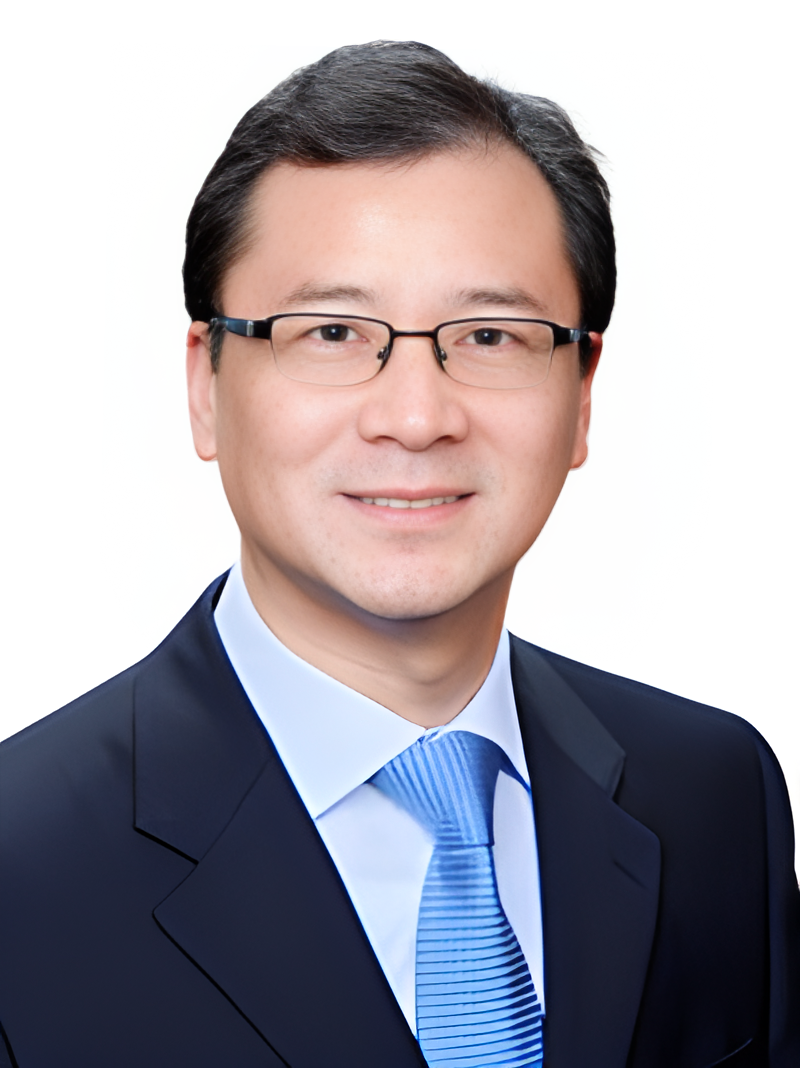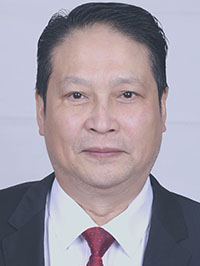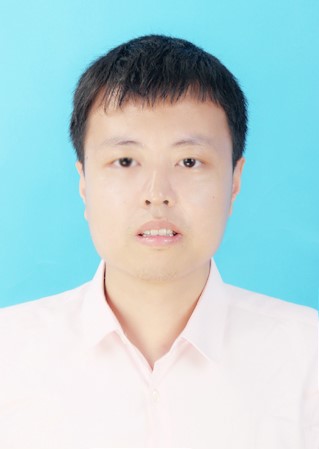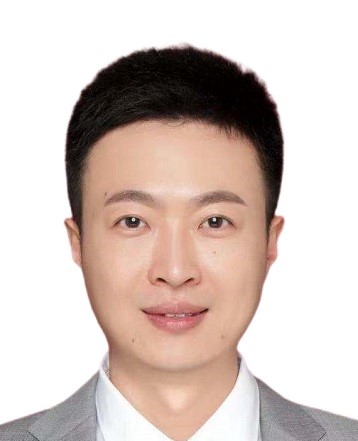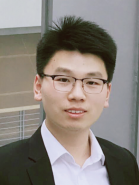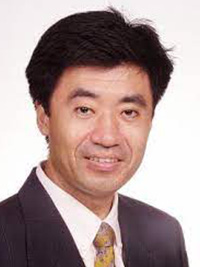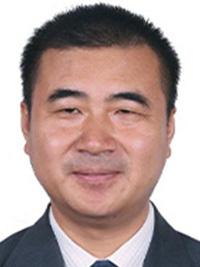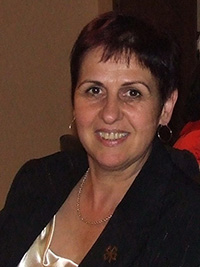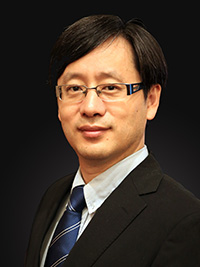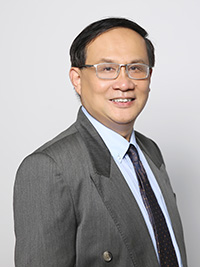IDITR 2024 Speakers
Prof. Jiannong Cao IEEE Fellow The Hong Kong Polytechnic University, HKSAR, China |
Keynote Lecture: Towards Collaborative Edge AI Abstract: Edge computing provides a powerful way to rapidly process tasks and analyze data in real-time at the edge of the network, closer to the end-user. Edge AI extends edge computing to perform AI tasks at the network edge, enabling various devices to make instantaneous intelligent decisions autonomously. In this talk, I will describe our vision of a collaborative edge computing approach, called collaborative Edge AI, to empower advanced AIoT applications which demand intelligent computing, ultra-low latency, large-scale deployment, and dynamic access. Collaborative Ege AI is built on a new-generation edge computing infrastructure, which provides new abstractions and functionalities for large-scale geo-distributed edge nodes to share resources and collaboratively perform computing tasks. There are many challenging issues, including heterogeneous edge networking, cross-node virtualization, scalable resource management, collaborative task scheduling, distributed machine learning, and seamless deployment of AIoT applications. I will highlight the proposed architecture, methods, and techniques to address the challenging issues and point out the future directions.
Biography: Dr. Cao is the Otto Poon Charitable Foundation Professor in Data Science, the Chair Professor of Distributed and Mobile Computing and the director of Internet and Mobile Computing Lab in the Department of Computing at The Hong Kong Polytechnic University. He served the department head from 2011 to 2017. Dr. Cao is also the Dean of Graduate School, director of Research Institute for AIoT, and director of Research Facility in Big Data Analytics at Hong Kong Polytechnic University. Dr. Cao’s research interests include parallel and distributed computing, wireless sensing and networking, big data and AI, and mobile cloud and edge computing. He published 6 co-authored and 9 co-edited books, and over 500 papers in major international journals and conference proceedings. He also obtained 13 patents. He received many awards for his outstanding research achievements. Dr. Cao served the Chair of the Technical Committee on Distributed Computing of IEEE Computer Society 2012-2014. He is a member of Academia Europaea, a fellow of HK Academy of Engineering Sciences, a fellow of IEEE, a fellow of CCF and a distinguished member of ACM. In 2017, he received the Overseas Outstanding Contribution Award from China Computer Federation. (MORE) |
|
Prof. Hanxiong Li IEEE Fellow The City University of Hong Kong, HKSAR, China |
Keynote Lecture: Control for Intelligent Manufacturing: a multiscale challenge Abstract:The manufacturing system is a multi-scale dynamic process with different properties at different levels, such as, In this talk, a five-level pyramid is proposed for uncertainty processing in manufacturing. The sensing based integrated design and control has been implemented for the multi-time scale operations. The space/time separation based approaches are presented to handle the space-time scale complexity. Finally, modeling of intelligence is briefly discussed, which is obviously the most difficult and long-term challenge for decision making. A probabilistic fuzzy system could be feasible for handling both stochastic variations and deterministic uncertainty. Biography: Han-Xiong LI received his B.E. degree in aerospace engineering from the National University of Defence Technology, China, M.E. degree in electrical engineering from Delft University of Technology, Delft, The Netherlands, and Ph.D. degree in electrical engineering from the University of Auckland, Auckland, New Zealand. Currently, he is a chair professor in the Department of Systems Engineering, the City University of Hong Kong. Over the past thirty years, he has had the opportunity to work in different fields, including industry and academia. He published about 300 SCI journal papers with h-index 58 (web of science). Since 2014, he has been continuously rated as highly cited scholar in China by Elsevier. Since 2021, he has been continuously ranked among top 2% most cited scientists in the world by the Stanford University. His current research interests are in area of intelligent manufacturing, including process modeling and control, intelligent learning, distributed parameter systems, battery management system, etc. He was awarded the Distinguished Young Scholar (overseas) by the China National Science Foundation in 2004, a Chang Jiang scholar by the Ministry of Education, China in 2006, and a scholar in China Thousand Talents Program in 2010. He is a fellow of the IEEE. (MORE) |
|
Prof. Dong Xuan IEEE Fellow Shandong University, China
|
Keynote Lecture: Versatile Autonomous Racquet Sports Machine Abstract: This talk presents the Versatile Autonomous Racquet Sports Machine (VaRSM), a robotic system capable of playing table tennis, tennis, and badminton. VaRSM overcomes two primary hurdles: adapting to various ball dynamics across different court sizes and executing precise racquet movements, as well as rapidly tracking and forecasting ball trajectories to respond within tight time frames. Our solution comprises two synergistic modules: a mechanical design featuring a swift, swerve-drive base and a highly flexible racquet arm, alongside an advanced control software that fuses physics-based modeling with machine learning for prompt ball trajectory anticipation, decision-making, and agile, stable maneuvers. We have constructed and tested a prototype that exhibits high success rates in ball returns and the ability to engage with human opponents across the three sports. To the best of our knowledge, VaRSM stands as the inaugural multi-sport autonomous racquet system, presenting significant implications for educational, research, commercial, and societal applications. Biography: Dong Xuan is currently serving as a Chair Professor at Shandong University. His research interests encompass computer networking, intelligent mobile systems, and cyber-physical systems. Prior to this, he was a tenured full professor in the Department of Computer Science and Engineering at The Ohio State University (OSU) in the United States. He has been recognized with numerous awards, including the first prize for scientific and technological progress from the Ministry of Electronic Industry of China, the National Science Foundation (NSF) CAREER Award, the Ameritech Faculty Fellow Award from OSU, and the Lumley Research Award from the College of Engineering at OSU. He has authored over 150 research papers published in leading international journals and conferences such as IEEE/ACM ToN, IEEE TC, TMC, IEEE INFOCOM, ICCPS, ICRA, S&P, ACM CCS, Mobihoc, NeurIPS, and ICCV. Dong Xuan has led (or co-led) more than 20 research projects funded by prestigious institutions including the NSF, the National Institutes of Health, the US Army Research Office, the National Natural Science Foundation of China, and the Hong Kong Innovation and Technology Fund. He is an IEEE Fellow.(MORE) |
|
Prof. Fumin Zhang IEEE Fellow Hong Kong University of Science and Technology, HKSAR, China |
Keynote Lecture: Bio-Inspired Consensus and Dissensus Enabled by Distributed Active Perception Abstract: Consensus is a fundamental requirement for coordination and cooperation among a swarm of intelligent agents. In environments with difficulty for localization and communication, achieving swarm level consensus is a challenging task. We propose a layered approach to achieve signal propagation over large swarms through active perception. Biological evidence from fish swarms has shown that distributed active perception is used by animals to allow fast response to stimulations when only a few members are excited. Consensus enabled by active perception has advantages over averaging consensus, such as reduced communication, faster signal propagation, and tolerance to localization uncertainty. After transferring this knowledge to the design of robotic swarms, we found that multiple perception layers can be overlaid on top of the feedback control layer to achieve complex swarm behaviors. The findings lead to effective distributed optimization algorithms that are quite different from the known consensus-based algorithms. One key feature is the capability to handle vanishing and exploding gradients that often arise in machine learning. A generalization is made to design distributed algorithms that can solve integer programming problems such as multi-robot task allocation. Our endeavor has also led us to discover a class of bio-inspired dissensus algorithms that are able to generate quick decisions for clustering for robot swarms. Viewed under the general theoretical framework of opinion dynamics, our algorithms represent a unique approach that leverages nonlinearity and geometry in the decision space. Our results also generalize the Kuramoto models into high dimension space and arbitrary clustering. Our algorithms are rigorously analyzed and verified by experimental effort on mobile and flying robot platforms. The promising results demonstrates that bio-inspired autonomy might be preferred in environment that features severe limitation in localization and communication. Biography: Dr. Fumin ZHANG is Chair Professor and Director of the Cheng Kar-Shun Robotics Institute at the Hong Kong University of Science and Technology. He is also Dean’s Professor adjunct in the School of Electrical and Computer Engineering at the Georgia Institute of Technology. He received a PhD degree in 2004 from the University of Maryland (College Park) in Electrical Engineering and held a postdoctoral position in Princeton University from 2004 to 2007. His research interests include mobile sensor networks, maritime robotics, control systems, and theoretical foundations for cyber-physical systems. He received the NSF CAREER Award in September 2009 and the ONR Young Investigator Program Award in April 2010. He is currently serving as the co-chair for the IEEE RAS Technical Committee on Marine Robotics, associate editors for IEEE Transactions on Automatic Control, and IEEE Transactions on Control of Networked Systems, IEEE Journal of Oceanic Engineering, and International Journal of Robotics Research. He is Fellow of IEEE. |
IDITR Past Speakers
|
|
|
|
|
Prof. Dan Zhang Hong Kong Polytechnic University, HKSAR, China |
Prof. Fengchun Tian Chongqing University, China |
Prof. Zhiyuan Zhu Southwest University, China |
Prof. Yang Yue Xi'an Jiaotong University, China |
Prof. Zhaoxing Gao Zhejiang University, China |
|
|
|
|
|
Prof. Shuzhi Sam Ge National University of Singapore, Singapore |
Prof. Fuchun Sun Tsinghua University, China |
Prof. Valentina Emilia Balas Aurel Vlaicu University of Arad, Romania |
Prof. Hesheng Wang Shanghai Jiao Tong University, China |
Prof. Dongyi Chen National University of Singapore, Singapore |
